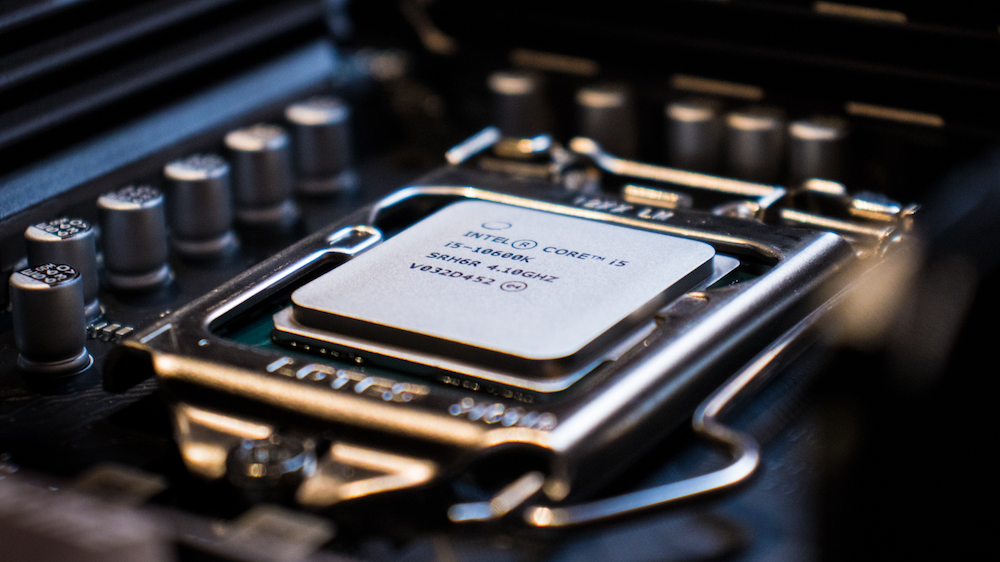Naked Restriction: EC finds Intel paid computer makers to delay products using competing chips.
Citing what it calls Intel Corp.’s series of anticompetitive efforts to block computer chip competitor Advanced Micro Devices, the European Commission has re-imposed a €376.36 million ($397 million) fine on Intel for abusing its dominant position. Specifically, the fine relates to Intel’s practices in selling the widely used x86 central processing units, or CPUs.
The Commission originally fined Intel €1.06 billion ($1.16 billion) in 2009 for conduct comprising:
- Conditional rebates. Giving wholly or partially hidden rebates to computer manufacturers on condition that they bought all, or almost all, their x86 CPUs from Intel (i.e., conditional rebates).
- Naked restrictions. Paying computer manufacturers to halt or delay the launch of specific products containing competitors’ x86 CPUs and to limit the sales channels available to these products.
Last year the European Union’s General Court (comprising judges from each member state) partially annulled the 2009 decision relating to Intel’s conditional rebates, but confirmed that Intel’s naked restrictions violated EU competition rules. The court annulled the entire fine, however, because it could not establish the amount of the fine that was based solely on naked restrictions. The Commission’s recent fine is solely for those restrictions.
Intel’s naked restrictions took place between November 2002 and December 2006, the EC says, when Intel paid three computer manufacturers — HP, Acer, and Lenovo — to halt or delay the launch of specific products containing competing x86 CPUs and to limit the sales channels available to these products.
Intel is considering whether to appeal to the Court of Justice, EU’s highest court.
The x86 CPU chip is the most widely used CPU architecture in the world. It is used in the vast majority of personal computers, servers, and workstations, as well as in many embedded devices. x86 processors are also used in the world’s fastest supercomputers.
Edited by Tom Hagy. Photo by Francesco Vantini on Unsplash.

